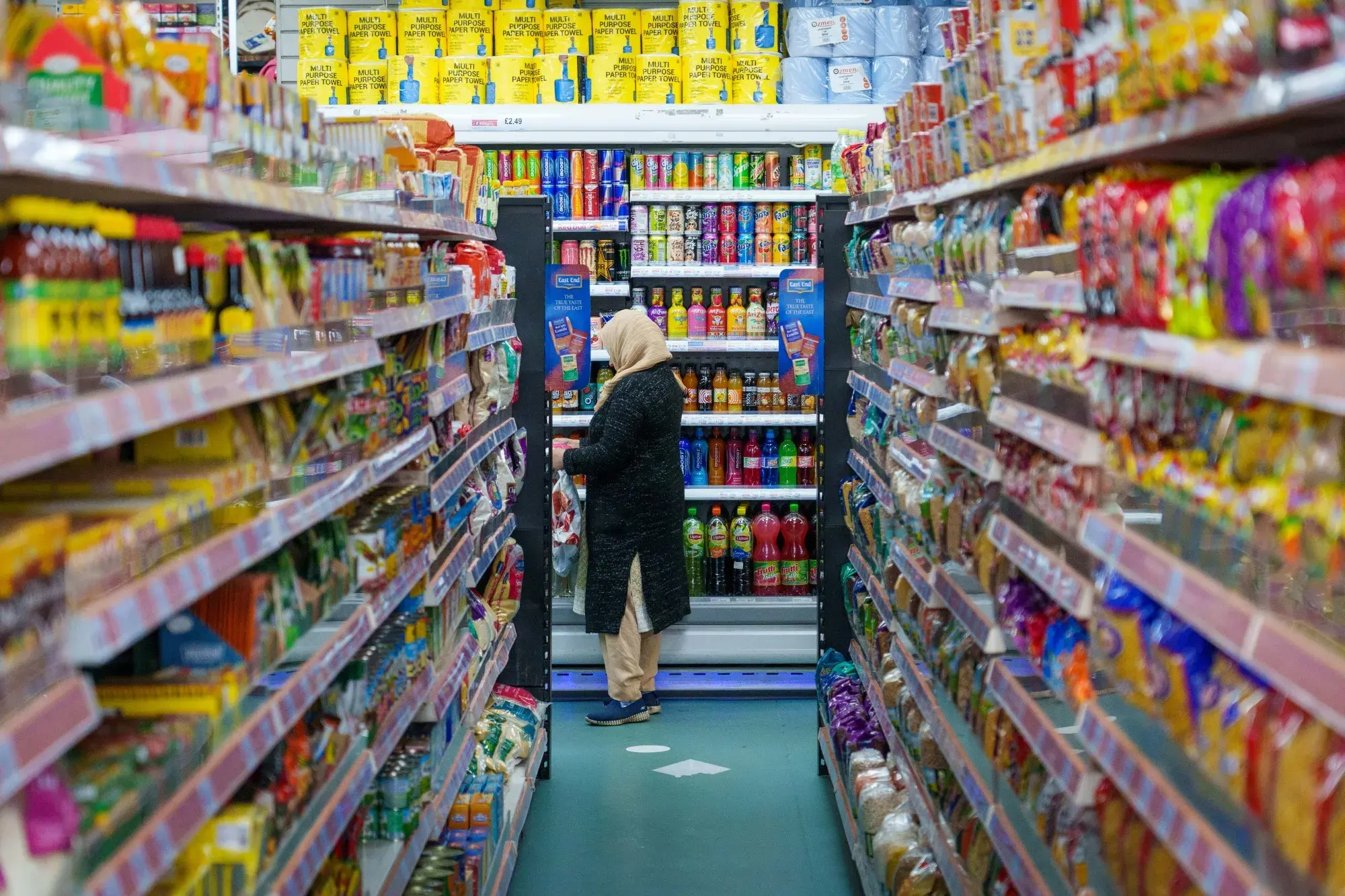Consumers are expected to turn to simpler home-cooked meals in an effort to cut costs, as soaring food prices threaten to increase annual grocery bills by nearly £300, new research suggests.
According to market analyst Worldpanel, grocery inflation rose from 4.7% in June to 5.2% in July—its highest level since January 2024—prompting shoppers to increasingly opt for more affordable supermarket own-brand items. If prices remain high, the average annual household grocery bill, currently at £5,283, could rise by an estimated £275.
Fraser McKevitt, head of retail and consumer insight at Worldpanel, said nearly two-thirds of households are “very concerned” about the rising cost of food. He noted that sales of own-label products, which are typically cheaper than branded alternatives, grew 5.6% compared to a 4.9% increase for branded goods.
“These concerns aren’t just influencing what people buy—they’re affecting how they cook, too,” McKevitt added. “When people are trying to save, they often prepare simpler meals. Today, nearly 70% of dinner plates feature fewer than six ingredients.”
This comes after official data showed UK inflation unexpectedly increased in June, largely due to climbing food and fuel prices. The Office for National Statistics (ONS) reported a 3.6% rise in the Consumer Prices Index, with food inflation up for the third month in a row to 4.5%, driven by higher prices for items like cakes, meat, milk, eggs, and cheddar cheese.
Supermarkets also say they are facing mounting pressure from rising wage costs and potential reforms to business rates. Sainsbury’s CEO Simon Roberts warned that major retailers could begin withdrawing from high streets due to hikes in national insurance and the minimum wage. Speaking to the Telegraph, he said the proposed changes would worsen the effects of business rates and deter investment in high street jobs and infrastructure.
Helen Dickinson, CEO of the British Retail Consortium, echoed these concerns, citing higher labour costs and poor crop yields as additional factors that could continue to drive food prices up. She told the Sunday Times that although retailers are trying to shield customers from these pressures, it’s increasingly difficult to absorb the rising costs without passing them on.
Amid the squeeze on household budgets, discount grocer Lidl reached a new market share high of 8.3% in July, attracting over 500,000 new shoppers, according to Worldpanel. Ocado remained the fastest-growing supermarket, with sales up 11.7% in the 12 weeks to 14 July, though its overall market share held steady at 2%. Tesco maintained the largest market share at 28.3%.
Marks & Spencer saw grocery sales rise by 6.5%, down from a 14.4% growth rate prior to a cyber-attack in April. In June, its grocery sales increased by 12.3%. In contrast, Asda’s sales dropped by 3% as it continues to undergo a turnaround effort, while the Co-op, also hit by a cyber-attack, recorded a 3.7% decline.








.svg)


.jpg)
_1.jpg)